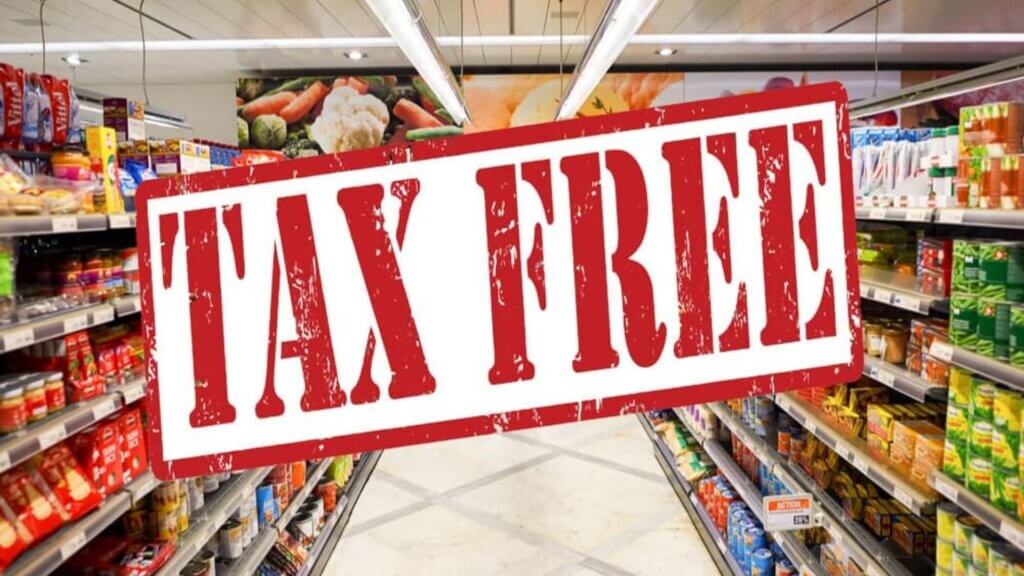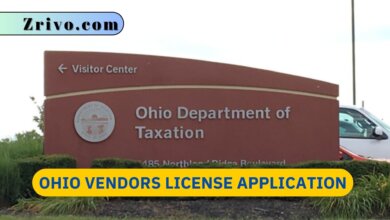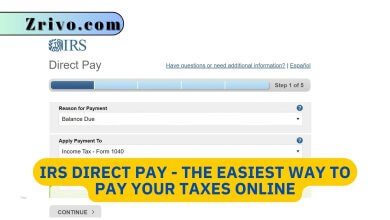Tennessee Tax-Free Groceries 2023 - 2024
With Tennessee's three-month tax-free holiday wrapping up this week, families will again be paying more at the cash register. The state's sales tax on groceries is currently 4% and local governments can add their own rates, making a single grocery bill up to 6.75%.

Tennessee Tax-Free Holiday applied to all food and grocery ingredients, but not alcoholic beverages or other taxable products such as sodas and coffee. Tennessee is one of just 13 states that taxes groceries. The state sales tax on groceries is 4%, and families also pay local taxes, which can add up to another 2.75% or more. This extra burden can weigh on working families like those of Knox County resident Freddie Robertson.
Tennesseans saved $273 million during the 2023 grocery tax holiday, which began on August 1 and ended on October 31. But not all items are eligible for the tax break. Alcoholic beverages, tobacco, candy, dietary supplements, and prepared food will still carry the 4% state sales tax rate plus local taxes. Other restrictions apply. For example, grocery items sold with eating utensils (plates, knives, forks, spoons, cups, napkins, or straws) are not tax-free. And foods that are packaged or branded as a meal are not eligible, such as soup mixes, unsweetened breakfast bars, dried fruit snacks and drinks like Ensure or Boost.

Tennessee Sales Tax Registration
If you sell taxable goods in Tennessee, you must register to collect sales tax and apply the correct rates to each sale. You also must remit collected tax by the required deadlines and keep excellent records. Fortunately, there are a variety of point-of-sale solutions that automate sales tax rate determination and collection in Tennessee. You can even set up new tax groups in a hosted solution to account for different regional product rules.
Sales tax laws vary widely, so it’s important to understand the rules in each state where you do business. Consult a tax advisor to get more information about Tennessee’s specific taxation regulations.





